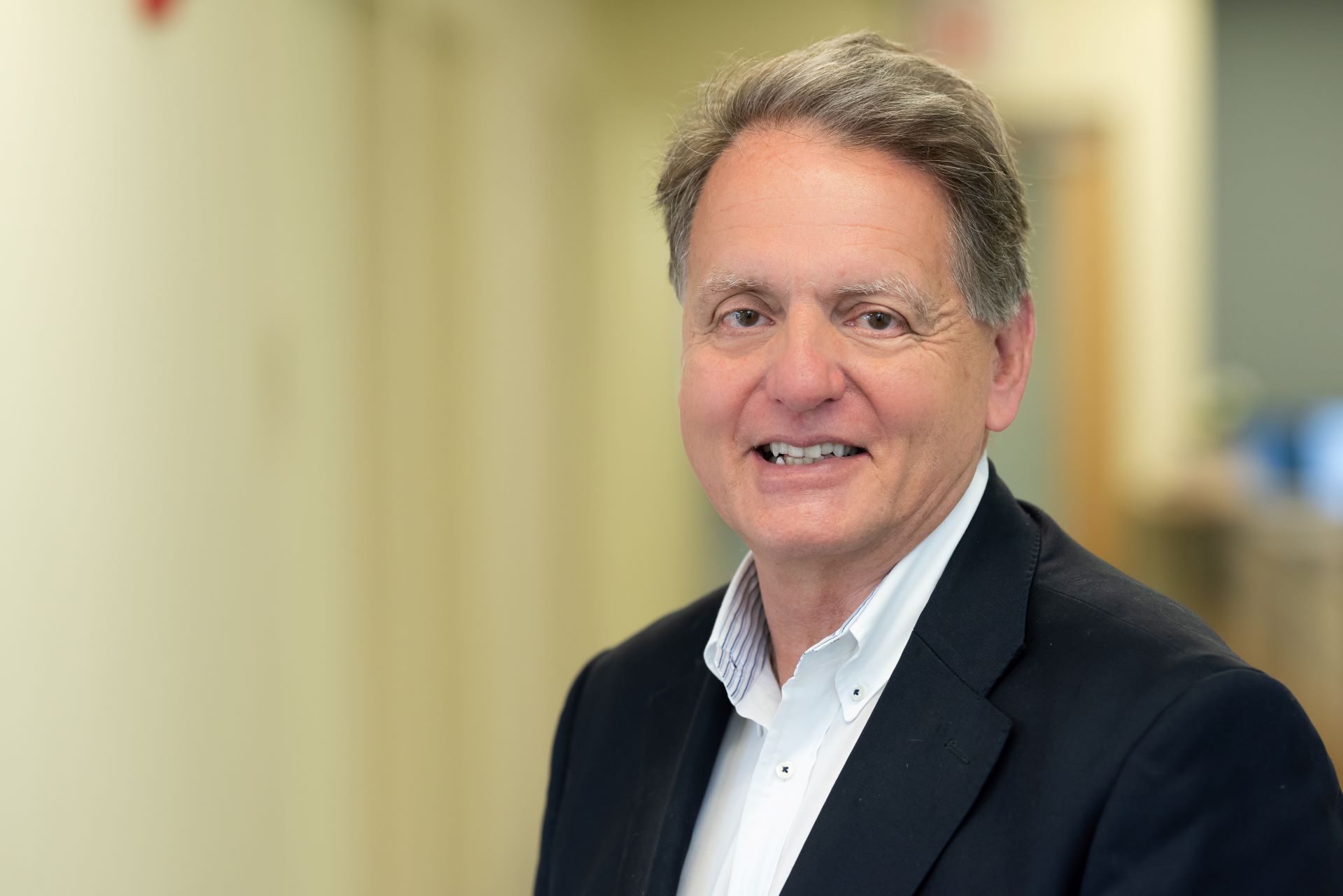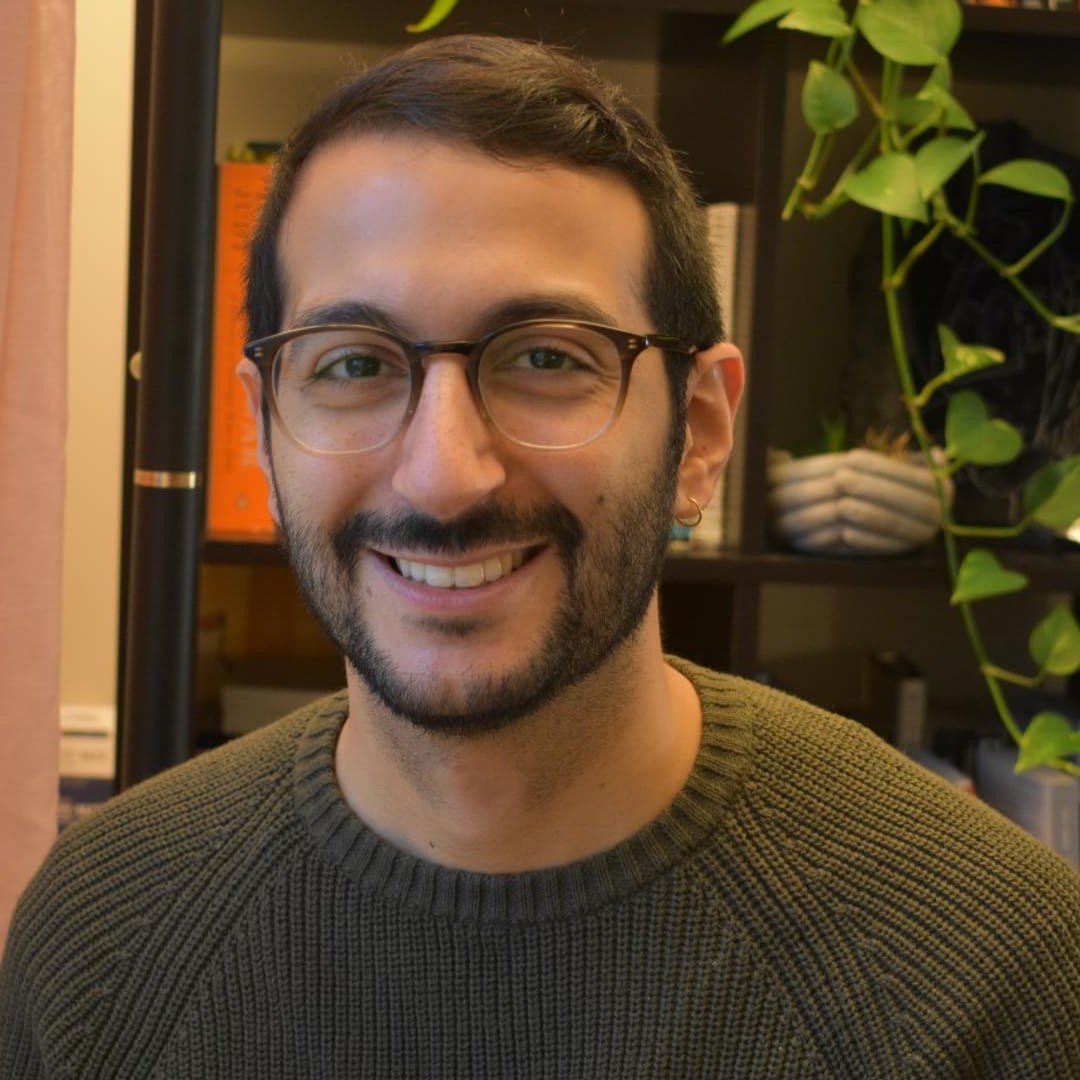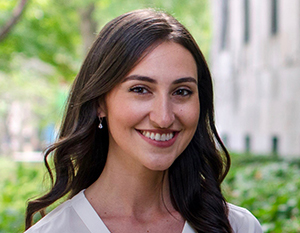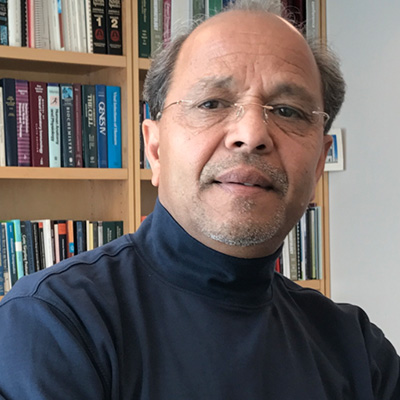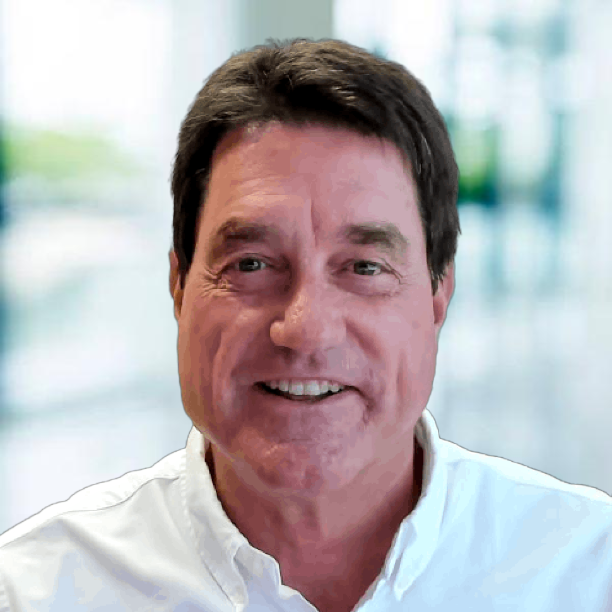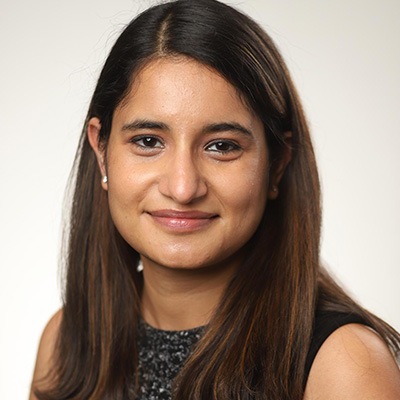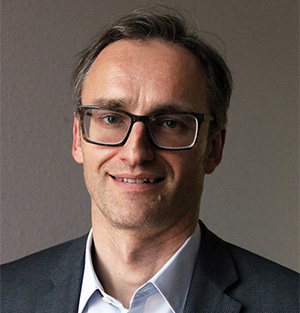
Looking for something?

Marcin Kortylewski, Ph.D.
Associate Professor
Department of Immuno-Oncology
Beckman Research Institute
City of Hope National Medical Center
How did you become interested in the field of oligonucleotides?
Rather late, after about ten years of graduate and postdoctoral research on signal transduction and tumor immunology in Poland (PUMS), Germany (RWTH) and USA (Moffitt). After moving to City of Hope (CA) in 2005, I found myself in an RNA research hotspot with the epicenter in John Rossi’s lab. With John’s encouragement, I started to explore a possibility of using RNAi for cancer immunotherapy. The turning point was finding a design enabling in vivo delivery to immune cells and potent antitumor immune responses. Three of such immunotherapeutic oligonucleotides are currently in clinical translation. The possibility that any them can make a lasting, positive impact on cancer patients’ lives is exhilarating.
Who were your early mentors? What is special about the type of research/work you’ve done?
My early mentors were Drs. Peter Heinrich and Iris Behrman, who gave me solid foundations in critical thinking and experimental research, and later Dr. Hua Yu, who taught me the value of snubbing scientific dogmas and other skills vital for the independent career. My early work on adopting siRNA oligonucleotides for cancer immunotherapy was possible thanks to continued support and collaboration with John Rossi, a true pioneer of the RNA research, and with Piotr Swiderski, a brilliant synthetic organic chemist.
How did you become involved in OTS?
I attended the first OTS meeting in 2012 looking for an opportunity to learn more about the development of oligonucleotide technologies. From the beginning, I found the OTS meetings to be an excellent venue for open and friendly exchanges with other scientists from very different fields. As an academic investigator, I always enjoyed the interactions with experts from the industry, including such giants as Mano Manoharan or Art Krieg. Seeing this field from different perspectives during OTS meetings is truly refreshing and inspiring.
Why do you continue to support the OTS?
The OTS has been doing a lot to ensure that oligonucleotides and their therapeutic potential is recognizable not only to scientists but also clinicians and the general public. With a growing number of oligonucleotide drugs, this part of the OTS mission continues to gain importance. I am convinced that ONTs will eventually take a spot among monoclonal antibodies and small molecules as a major drug type, especially in immunotherapies.
What is special about the type of research/work you’ve done?
Research in my lab stems from the idea that effective cancer immunotherapy needs to address at the same time positive and negative regulation of immune response. And oligonucleotides are uniquely suited for such purpose. The sensitivity of innate immune cells to certain motifs in nucleic acids can be utilized for immunostimulation and targeted delivery, while siRNA or ASO can silence the undruggable master regulators of immune activity (e.g. STAT3 or NF-kB). Our bi-functional CpG-STAT3 inhibitors proved that such a combination of releasing a brake (STAT3 siRNA/ASO) with pushing an accelerator (CpG immunostimulation) was necessary and sufficient for jump-starting immune attack against various types of cancers in mice. Thus, while the immunogenicity of siRNA or ASO is generally unwanted, it can play essential role for immuno-oncology applications. We are thrilled that the first generation of our bi-functional oligonucleotides has passed the necessary preclinical safety studies and should soon be tested in the clinical trials.
What do you like to do in your free time?
Together with my wife and son, we try to spend as much time outdoors as possible. We camp, hike and bike in scenic locations of California, Utah and Arizona. With a rooftop-tent installed on our car two years ago, seeing it every morning became a great motivator to escape the city whenever possible.
Any other fun facts/tidbits you’d like us to know! (What book you’re currently reading? A unique hobby?
One of the best books I have read recently is “Why we sleep” by Mathew Walker. Great read with extensive evidence on the importance of getting enough shut-eye for all aspects of life.
So, my new hobby is actually quite boring…


